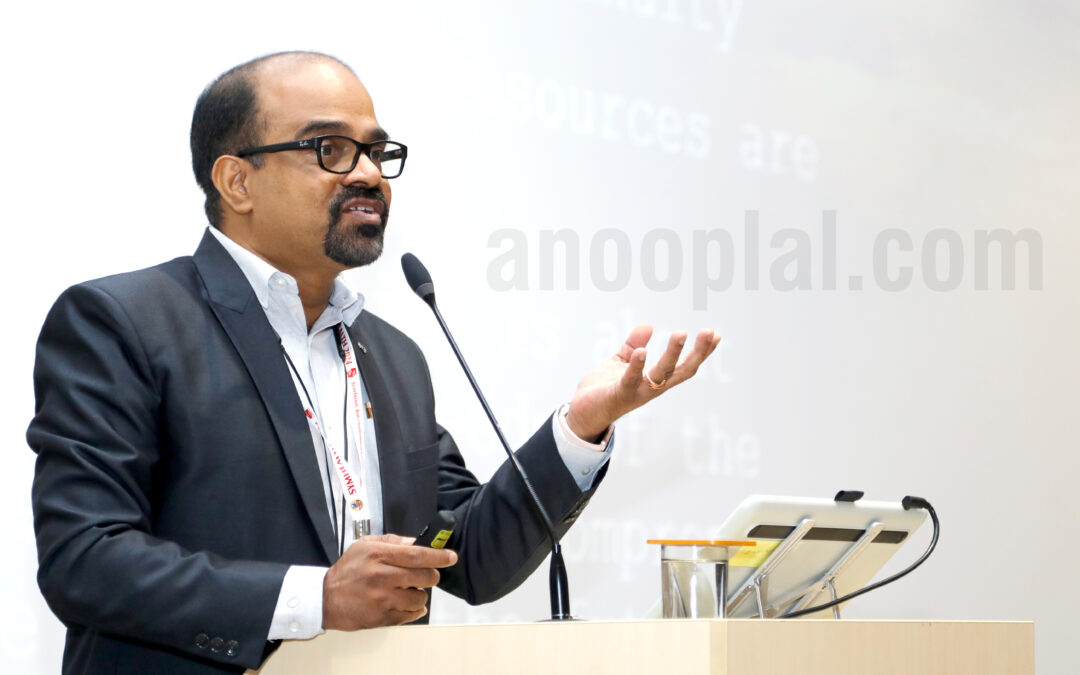The concept of sustainable healthcare has become increasingly important in recent years, as the global community grapples with the challenges of providing quality care to a growing population while minimizing environmental impact and ensuring economic viability.
Defining Sustainable Healthcare
Sustainable healthcare is not just a buzzword; it is an organized medical care system that meets the health needs of current populations without compromising the health and well-being of future generations. This definition aligns with the United Nations Sustainable Development Goals, particularly Goal 3, which focuses on ensuring healthy lives and promoting well-being for all at all ages.
Addressing Environmental Impact
One of the key challenges in sustainable healthcare is the environmental impact of the industry. Healthcare is responsible for a significant portion of global greenhouse gas emissions, more than industries like aviation and shipping. This is due to the energy-intensive nature of healthcare facilities, the production of medical supplies, and the generation of hazardous waste. Healthcare’s carbon footprint is a critical issue that must be addressed to achieve sustainability.
Principles of Sustainable Healthcare
The four principles of sustainable healthcare derived from the UN goals are: inclusivity, resource effectiveness, optimal technology, and shared responsibility. Inclusivity refers to universal healthcare, ensuring that every individual has access to the care they need. Resource effectiveness and optimal technology are about using resources wisely and embracing sustainable technologies that reduce environmental impact. Shared responsibility emphasizes the need for collaboration among various stakeholders to achieve these goals.
Inclusiveness or Social Equity
Disease prevention, health promotion, and public health services are the most impactful measures for sustainable healthcare. By focusing on prevention, we can reduce the burden on healthcare systems and minimize the use of resources. Public health measures have historically been effective in controlling diseases like tuberculosis, even before the availability of drugs.
Effective Use of Resources
Resource effectiveness is another critical area. The need of the hour is for policies that minimize waste and manage hazardous chemicals. For example, reducing the repetition of medical tests when patients are referred to higher-level facilities can save resources. Efficient management of healthcare resources, including human resources, is essential for sustainability.
Optimal Use of Technology
Optimal technology is the third pillar of sustainable healthcare. The need for sustainable technologies in healthcare, from diagnostic machines to treatment devices cannot be overemphasised. Reducing healthcare system emissions and promoting innovative models of care, such as telemedicine, can significantly contribute to sustainability.
Shared Responsibility
The final principle, shared responsibility, requires action at individual, organizational, and systemic levels. Individuals must embrace sustainable living, healthcare workers must take personal responsibility, and organizations must invest in sustainable practices. System-level changes, such as universal health care portals and interoperability between healthcare stakeholders, are also necessary. Healthcare financing models need replanning because sustainability also involves making healthcare accessible and affordable for everyone.
The Sustainable Healthcare Alliance
To tackle these challenges was created the Sustainable Healthcare Alliance, a partnership of eight different stakeholders in healthcare, including healthcare providers, technology companies, supply chain enterprises, insurance organizations, donors, professional associations, non-profit organizations and media agencies. This alliance aims to create better technology for healthcare that is environmentally friendly and cost-effective.
Collaborating for a Sustainable Future
In summary, sustainable healthcare is a multifaceted approach that requires the commitment of all stakeholders. It involves embracing new technologies, promoting prevention and public health, managing resources effectively, and fostering collaboration. Let’s work together for a sustainable world where healthcare is accessible and affordable for every individual.
To learn more about how your healthcare can be made sustainable, feel free to contact me on +91-93-888-93-555

